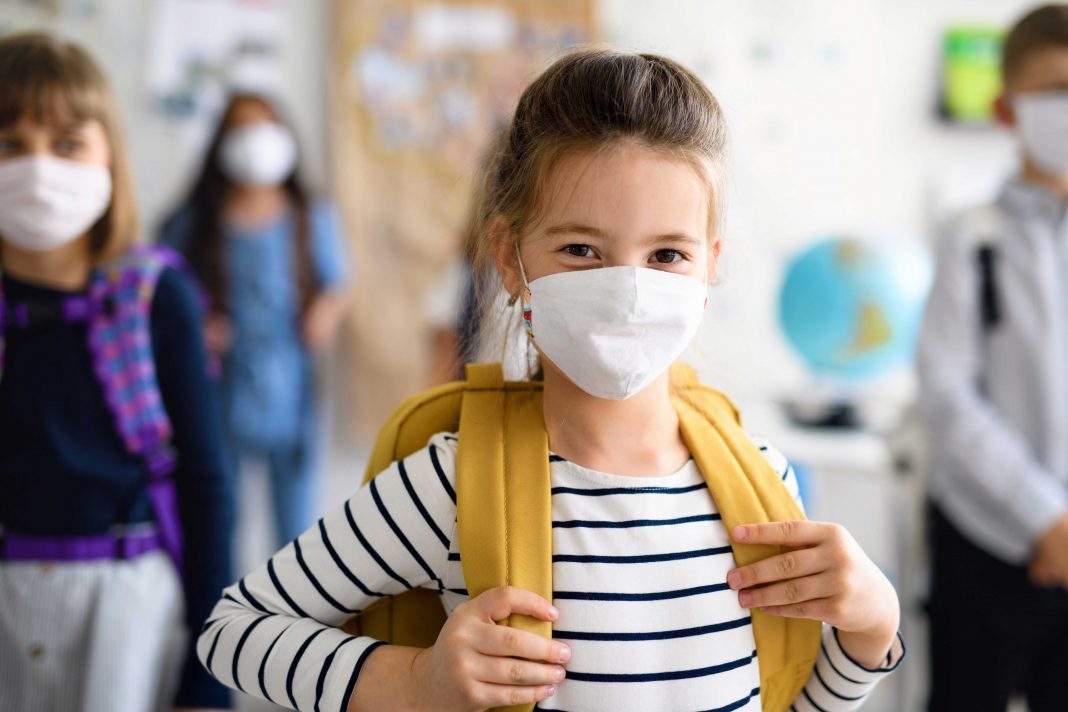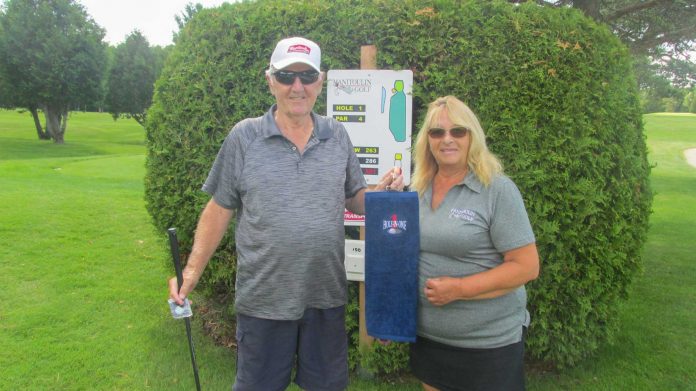TORONTO – The Ontario government is announcing its plan for the safe reopening of schools for in-class instruction beginning this September. The government has unveiled a plan that it says will prioritize the health and safety of students and staff, while providing school boards with unprecedented resources and flexibility, and accommodating regional differences in trends of key public health indicators.
A provincial government release says the plan was developed in consultation with the chief medical officer of health, the COVID-19 command table and paediatric experts.
Details on the safe restart of the 2020-2021 school year were provided on Thursday, July 30 by Premier Doug Ford, Christine Elliott, deputy premier and minister of Health, Stephen Lecce, minister of Education and Dr. Barbara Yaffe, associate chief medical officer of health.
Elementary schools (Kindergarten to Grade 8) will reopen province-wide, with in-class instruction five days a week. Secondary schools with lower risk will reopen with a normal daily schedule, five days a week, while most secondary schools will start the school year in an adapted model of part-time attendance with class cohorts of up to 15 students alternating between attending in-person and online. Students from Grades 4-12 and school staff will be required to wear masks.
“It’s been hard on families to balance work and child care, while kids have been separated from friends and other kids their own age,” said Premier Ford in making the announcement. “We want to get our kids back to school, but it has to be done safely. That’s why we’ve worked with our public health experts, Ontario Health and the medical experts at Sick Kids to develop a plan that ensures students can return to the classroom five days a week in a way that protects the health and safety of our children, teachers and school staff.”
Under the provincial plan, parents will continue to have the option to enroll their children in remote delivery, which the province says respects parents’ “fundamental role in making the final determination of whether they feel safe with their children returning to school.”
The release goes on to say that, “based on the best medical advice available,” the province is implementing additional public health protocols to keep students and staff safe when they return to school in September. To support the implementation of these protocols, the government is providing over $300 million in “targeted, immediate and evidence-informed investments,” including: $60 million in procurement of medical and cloth masks for students and staff, with direction to boards to ensure that students who cannot afford a mask are provided one; $30 million for teacher staffing to support supervision, keeping classes small and other safety related measures; $50 million to hire up to 500 additional school-focused nurses in public health units to provide rapid-response support to schools and boards in facilitating public health and preventative measures, including screening, testing, tracing and mitigation strategies; over $23 million to provide testing capacity to help keep schools safe; $75 million in funding to hire over 900 additional custodians and purchase cleaning supplies for schools; $40 million to clean school buses, to ensure that students are in a thoroughly cleaned transportation environment; $10 million for health and safety training for occasional teachers, who have historically not been covered by professional development that is offered to permanent teachers; $10 million to support special needs students in the classroom; and $10 million to support student mental health.
The newly announced funding is in addition to a $25 million investment in mental health and technology, which will see an additional $10 million dedicated to mental health staff, resources and programs, as well as $15 million in technology funding to support the procurement of over 35,000 devices for Ontario’s students to support their synchronous learning in-school and beyond.
“This plan reflects the best medical and scientific advice with a single aim: to keep your child safe,” said Minister Lecce. “While this plan will continue to evolve to respond to the changing threat of COVID-19, we will remain constant and consistent in investing in the resources, staffing, cleaning supports and strict health and safety protocols to keep our communities and our classrooms safe.”
According to the release, the Ministry of Education has received “clear and compelling public health guidance to inform the delivery of instruction for boards for the 2020-2021 school year.” The release notes that these decisions are adaptable to changing public health situations and were based on “the rigorous and data-informed guidance of leading medical, epidemiological and paediatric leaders in the province.”
“Based on the current data, we are seeing that overall instances of COVID-19 are declining in Ontario. When considering the health of the whole child, and as long as this trend continues, we believe that with the appropriate measures and strategies in place to handle potential outbreaks and prevent spread, schools are expected to be a safe place for Ontario’s students and staff who attend in person,” said Dr. David Williams, chief medical officer of health. “We will continue to closely monitor the situation to ensure the safety of students and staff and will be prepared to transition to alternative options should circumstances change.”
“As a society, we’ve made an important shift in the dialogue about our children and the adverse health impacts of school closures,” says Dr. Ronald Cohn, president and CEO of SickKids. “While we recognize that COVID-19 will be with us for some time, continuing to stay home from school has become untenable for many children, youth and families. Effective, evidence-based strategies can help promote the safety of students, teachers, school staff and families as they return to school.”
The release goes on to state that the Ministry of Education will continue working closely with public health and school boards to monitor and report on the health status of school communities, which is part of the government’s outbreak management plan. This plan, which was developed with the Ministry of Education, the Ministry of the Solicitor General and the Ministry of Health, outlines clear protocols and authorities of the multiple agencies and organizations involved in the public health landscape. In the event of positive cases of COVID-19 among students, parents, teachers or other staff, these protocols will enable immediate action by health and education sector officials to identify, track and mitigate the spread of COVID-19 in the education system. Every school board will have communication protocols in place to keep families informed.





